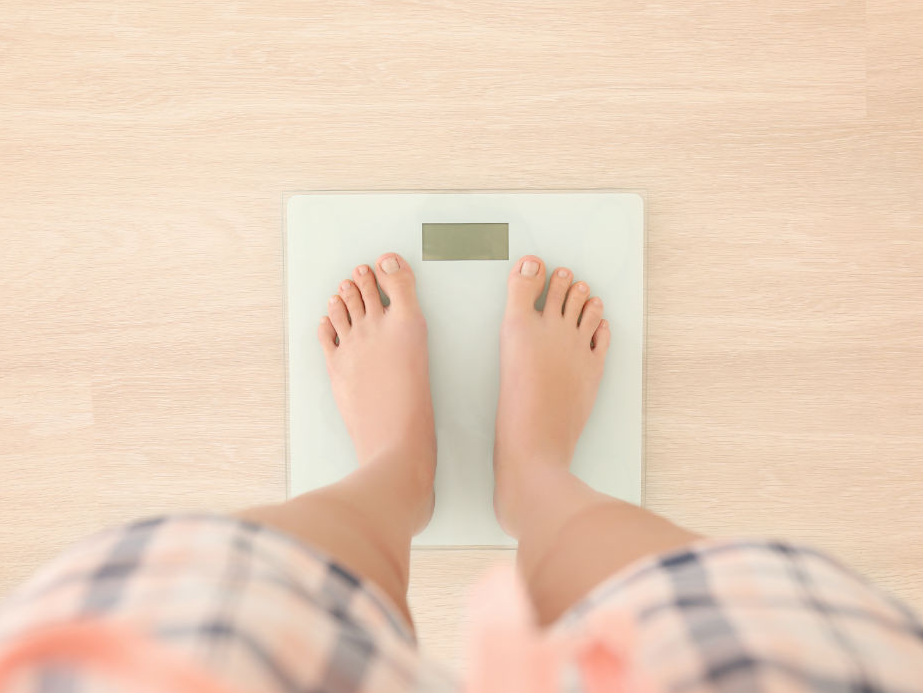- The majority of obese people in the UK do not realise they have a weight problem.
- That is according to new research from Cancer Research UK and UCL.
- The best way to tell if you’re a healthy weight is from you waist size, not your BMI.
The majority of obese people in Britain wouldn’t describe themselves as even “very overweight,” according to new research.
The study from UCL and Cancer Research UK, published in BMJ Open, found that most people who are obese are probably in denial about it, with just 10% of clinically obese people admitting they have a weight problem.
Researchers analysed survey results from 2007 to 2012, and found that out of 2,o00 adults, 11% of obese women accepted they were in fact “obese,” while just 7% of men acknowledged it.
Only 10% of participants knew the BMI threshold for obesity (a BMI of over 30). Those who did were more likely to class themselves as such. The authors of the study suggest this could be because being bigger is the new “normal.”
"It's a real worry that people don't recognise that their weight places them in the obese category, because it means they aren't aware they are at increased risk of a number of health problems including cancer," said Professor Jane Wardle, director of the UCL Health Behaviour Centre and coauthor of the study.
"This is despite increased media coverage of obesity, and public health campaigns aimed at improving public awareness."
She added that calling someone "obese" is often considered derogatory, causing many people to reject it.
"But we also asked people whether they felt they were 'very overweight' and the majority of those who were obese did not accept this term either," she said. "This is a real problem, as it means they are unlikely to identify with health messages on the subject of weight."
However, while the researchers used BMI as a measure for obesity, this isn't the best way to tell if you are a healthy weight.
As Business Insider's Erin Brodwin explained in a post, BMI, or body mass index, is designed to give you an idea of your body fat based on the ratio of your height and weight. But it's a fairly rudimentary measure, as it merely compares your height and weight. It can't properly assess if people with a lot of muscle are at a healthy weight. Many rugby players, for example, are classed as "obese" if you only look at their BMI.
Weight measurements give you a much better idea about how healthy you are. If your waist is large - that's over 34.5 inches for women, or 40 inches for men - then you have a higher risk of developing heart disease and Type 2 diabetes.
Regardless, the new study does show people may view themselves as healthy when that might not be the case. Excess weight has been linked to cancer of the bowel, breast, womb, oesophagus, pancreas, kidney, and gallbladder, so helping people recognise they might need to lose weight is a major focus for healthcare professionals.
"Maintaining a healthy body weight is one of the most important ways of reducing the risk of cancer, for both men and women," said Julie Sharp, Cancer Research UK's head of health information.
"It's so important that health messaging and awareness campaigns are as effective as possible in supporting people of all shapes and sizes to make healthy choices."

